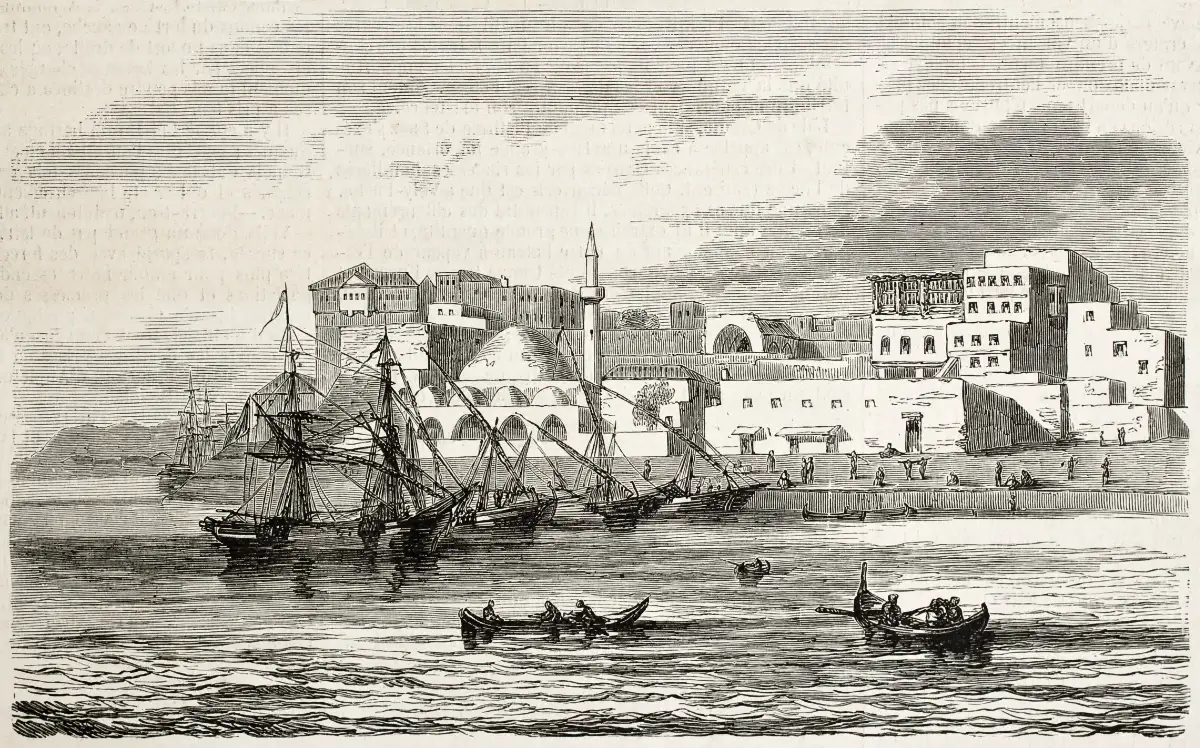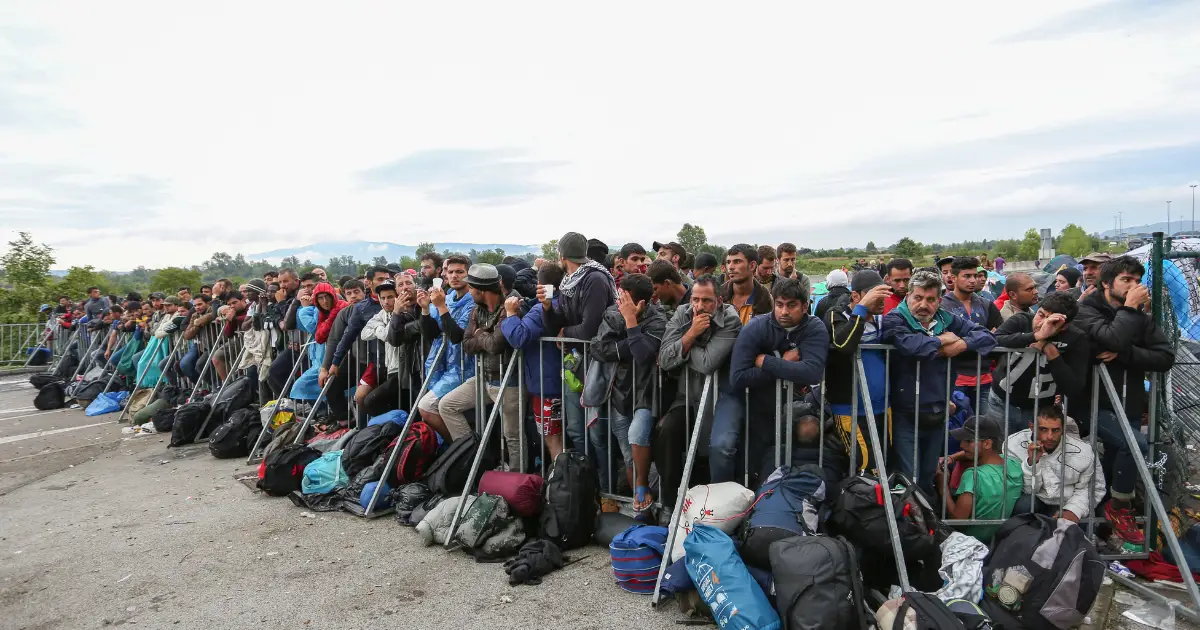This article delves into the origins of immigration by exploring the early waves of migrants who left their homelands in search of new beginnings.
The early waves of immigration were often driven by a mix of economic hardship, political instability, and the lure of opportunity. Migrants from various regions embarked on perilous journeys, leaving behind traditional ways of life in hopes of establishing a better future. Archival records, letters, and personal memoirs reveal the emotional and physical toll these pioneers endured.
In many cases, these early immigrants encountered both the promise of opportunity and the challenges of assimilation. Their arrival often coincided with periods of rapid industrialization or nation-building in host countries, where their labor and cultural contributions played a critical role. The article examines the strategies these migrants used to overcome language barriers, discrimination, and economic hardships, thereby laying the foundation for future generations.
The legacy of these early immigrants is evident in today’s multicultural societies. Their stories of resilience and determination continue to inspire current debates on immigration policy and integration. The article not only charts the historical trajectories but also highlights the enduring impact of these early migrations on modern social and economic structures.



